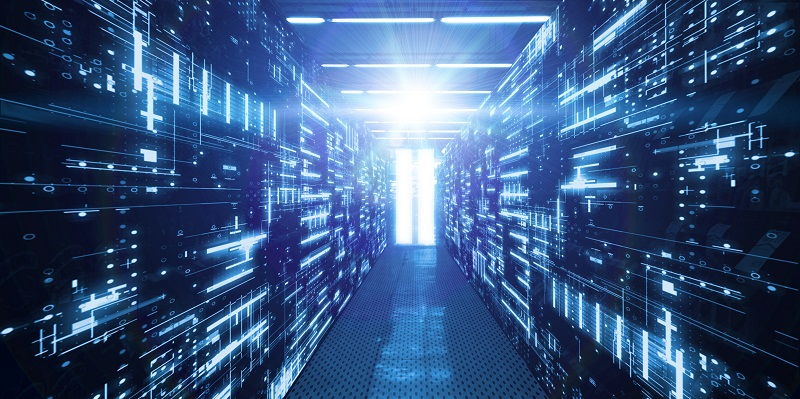Kakao, a leading South Korean technology company, recently announced the completion of its highly anticipated Kakao data center in Ansan, Gyeonggi, South Korea. The company revealed that the facility is expected to be fully operational from the first quarter of 2024. After partially opening in 2021, the data center’s construction officially concluded on September 26.
Operational readiness
Following the meticulous construction process, Kakao’s data center is now prepared to serve as a vital hub of operations. With full functionality planned for Q1 of 2024, the company aims to provide uninterrupted and efficient services to its expanding customer base. This milestone marks an important step towards meeting the growing demand for digital infrastructure in the region.
Disaster resilience
Kakao has prioritized the safety and security of the data center by equipping it to withstand natural disasters. The facility has been designed with robust measures to mitigate risks related to fires, earthquakes, and floods. By adopting state-of-the-art technologies and construction techniques, Kakao aims to ensure the continuity and reliability of its services even in the face of unforeseen events.
Sustainable infrastructure
In line with its commitment to environmental sustainability, Kakao’s data center features advanced infrastructure that reduces its carbon footprint. The facility incorporates renewable energy sources and employs rainwater harvesting, gray water recycling systems, and heat recycling mechanisms. By integrating these innovative solutions, Kakao seeks to minimize its impact on the environment while maintaining optimal operational efficiency.
CEO’s statement
Kakao’s CEO, Hong Eun-taek, expressed his satisfaction with the completed data center and emphasized its significance in safeguarding normal daily lives through stable services. Speaking about the facility’s disaster response capabilities, Eun-taek stated, “Kakao’s data center, which can respond perfectly to any disaster or accident, will be an important cornerstone of Kakao’s commitment and promise to protect everyone’s normal daily lives with stable services.” This statement highlights the company’s dedication to delivering reliable and uninterrupted services to its users.
Initial investment
Kakao’s decision to construct an in-house data center was driven by the need for a stable foundation for research and development in emerging technologies. In 2020, the company announced an investment of approximately 400 billion won ($336.6 million) to build the data center. This substantial financial commitment reflects Kakao’s ambition to foster innovation and enhance its technological capabilities in areas such as big data and artificial intelligence. Additionally, the data center would serve as a launching pad for the company’s corporate cloud service.
Future Plans
Kakao has outlined its intention to continually expand its data center to accommodate future growth and increasing demands. In addition to this expansion strategy, the company plans to maintain and amplify its existing leased data center space. By augmenting its infrastructure, Kakao seeks to strengthen its position as a technological leader and gain a competitive edge in the dynamic digital landscape.
Previous outage incident
Kakao faced a significant outage in October 2022 due to a fire caused by lithium-ion batteries at an SK Group data center. This incident underscored the importance of having a reliable, self-owned data center facility. By establishing its own data center, Kakao aims to reduce the risk of service disruptions and enhance its control over the operational processes.
The completion of Kakao’s cutting-edge data center in South Korea marks a significant milestone in the company’s quest for technological advancement and service stability. Designed to withstand natural disasters and equipped with sustainable infrastructure, the data center exemplifies Kakao’s commitment to environmental responsibility and user satisfaction. By investing in research and development capabilities and launching the corporate cloud service, the company demonstrates its focus on innovative solutions and expanding its offerings.

